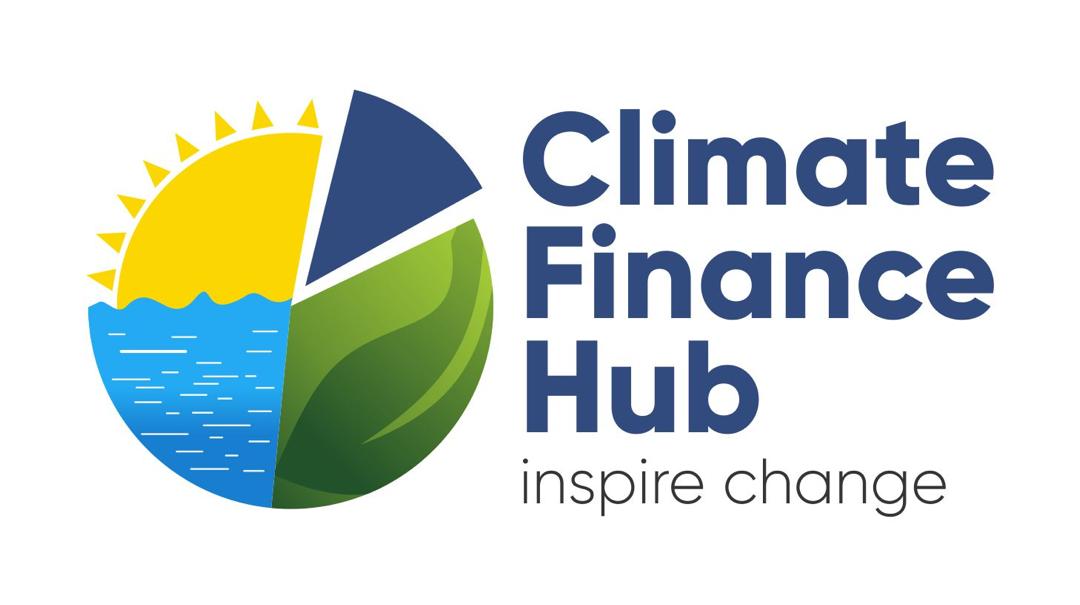The International Monetary Fund (IMF) has issued a crucial statement emphasizing the need for debt relief mechanisms that are closely tied to climate action for vulnerable nations. As the effects of climate change become increasingly severe, the IMF highlights that many developing countries are facing dual crises: rising debt burdens and escalating climate risks. In a bid to alleviate these challenges, the organization advocates for innovative financial strategies that align debt relief with climate adaptation and mitigation efforts.
The Debt Climate Nexus
Many vulnerable countries, especially those reliant on climate-sensitive sectors like agriculture and tourism, are grappling with unsustainable debt levels exacerbated by climate change impacts. Severe weather events, such as droughts and floods, have not only caused significant economic losses but have also hampered these nations’ ability to service existing debts.
The IMF’s proposal suggests that debt relief should be conditional on a nation’s commitment to implement effective climate policies and resilience-building measures. This approach aims to create a win-win situation: easing the financial strain on vulnerable countries while simultaneously advancing global climate goals.
Key Recommendations from the IMF
- Climate-Linked Debt Swaps: The IMF encourages the use of climate-linked debt swaps, allowing countries to exchange a portion of their debt for funding dedicated to climate adaptation and mitigation projects. This would enable governments to redirect financial resources toward building resilience against climate impacts.
- Incentives for Climate Action: Debt relief programs should incorporate incentives for countries to invest in sustainable infrastructure, renewable energy, and ecosystem conservation. By tying financial relief to climate initiatives, nations can demonstrate their commitment to addressing climate change while managing debt.
- Multilateral Cooperation: The IMF stresses the importance of collaboration among international financial institutions, donor countries, and private investors to develop comprehensive frameworks for debt relief linked to climate action. Multilateral approaches can ensure that vulnerable nations receive the necessary support to tackle both their debt and climate challenges effectively.
- Focus on Adaptation: In addition to debt relief, the IMF underscores the need for increased funding for climate adaptation measures. This includes investments in disaster preparedness, resilient agriculture, and infrastructure that can withstand climate shocks.
A Call to Action for Global Leaders
As world leaders prepare for upcoming climate conferences, the IMF’s recommendations serve as a timely reminder of the interconnectedness of debt and climate finance. Vulnerable nations require urgent support to navigate the complexities of their financial situations while addressing the pressing challenges posed by climate change.
The Path Forward
The proposal for debt relief linked to climate action is not just a financial strategy; it represents a critical shift in how the global community approaches climate resilience. By recognizing that economic stability and climate action are intertwined, policymakers can create frameworks that support sustainable development and foster long-term resilience.
Conclusion: A Sustainable Future for Vulnerable Nations
The IMF’s call for debt relief tied to climate action provides a pathway for vulnerable nations to overcome financial challenges while advancing climate goals. As countries seek to recover from the impacts of climate change and economic instability, integrating climate considerations into debt relief strategies will be essential.
The time for action is now. Global leaders must prioritize this innovative approach to debt management, ensuring that the financial resources necessary for climate adaptation and mitigation are made available to those who need them most. By working together, we can build a sustainable future that addresses both economic and environmental challenges, empowering vulnerable nations to thrive in the face of a changing climate.




